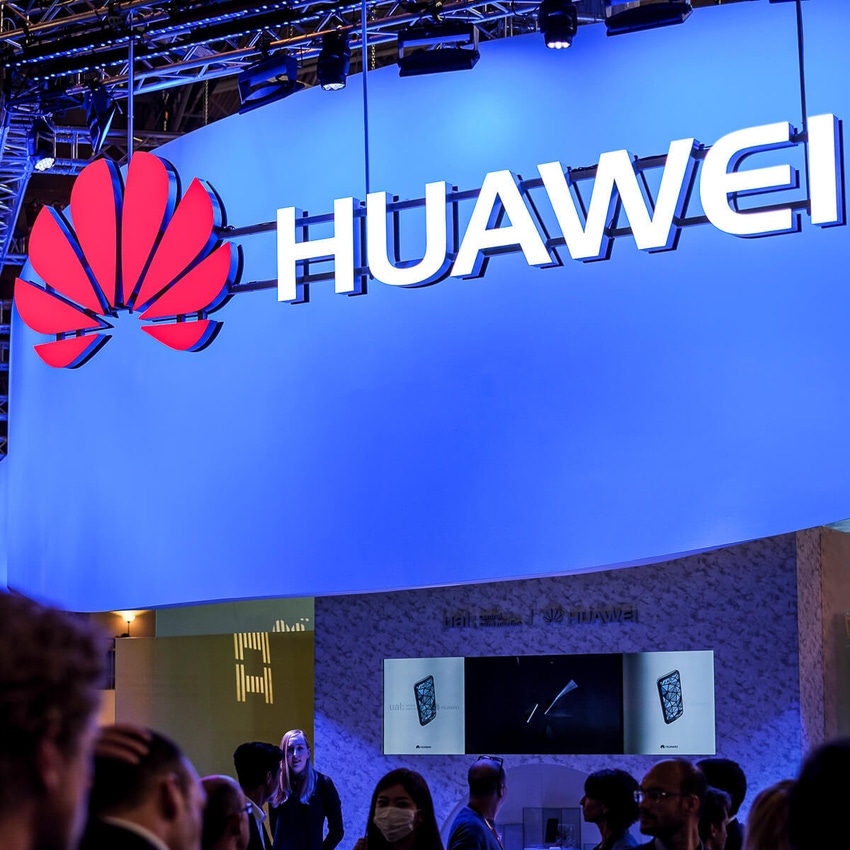
The Malaysian government has bowed to the inevitable and agreed to build a second national 5G network.
After a review of the single network model, it has said it will allow a second 5G network to go ahead after the current licensee, DNB, reaches 80% population coverage, likely by the end of the year.
Announcing the decision Wednesday, Communications and Digital Minister Fahmi Fadzil said the new network would avoid a single point of failure. But, having crossed that hurdle, he now needs to figure out how to solve the Huawei problem.
Figure 1:  Huawei's role in a new Malaysian network is under scrutiny.
Huawei's role in a new Malaysian network is under scrutiny.
(Source: Karlis Dambrans on Flickr, CC 2.0)
Ericsson was awarded the 11 billion Malaysian ringgit (US$S2.65 billion) contract for the DNB network two years ago, ahead of Huawei.
The new contract will be awarded by open tender, Fahmi said. But that doesn't mean it won't be an intensely political decision. There’s already been plenty of behind the scenes lobbying from both sides.
The US and the UK may not have helped their cause with some public lobbying, via a leak to the Financial Times, against Huawei's role in the new network. Fahmi reminded them at his press conference that Malaysia could make its own decisions without hectoring from foreign powers.
He may also have been irked by this kind of nonsense penned by US Ambassador Brian McFeeters, quoted by the FT: "Senior officials in Washington agree with my view that upending the existing model would undermine the competitiveness of new industries, stall 5G growth in Malaysia, and harm Malaysia's business-friendly image internationally."
Neighbors have gone in different directions
Are there really people in Washington saying the barely tried single network model will slow 5G growth?
For a developing economy, it may make some sense to limit infrastructure duplication. But this has not been a problem for other countries.
More importantly, there is zero reason to think that adding a second network will upend anything other than Ericsson's monopoly. It isn't going to undermine Malaysia's competitiveness.
But it is a political minefield. If Malaysia is looking for guidance, it won't find any from its neighbors, which have all gone in different directions. Thailand, the Philippines and Indonesia all chose Huawei, while Singapore and Vietnam did not.
To the extent it is a telecommunications decision, the biggest factor is choice. Without Huawei and ZTE, the only options are Nokia or Samsung.
The other less-pressing issue is how to structure and fund the new network.
CelcomDigi, one of the big two operators, announced Wednesday it had pulled out of the DNB consortium, leaving only two telco investors, Telekom Malaysia and YTL.
CelcomDigi looks set to team up with the other big player, Maxis Communications, in the new wholesale player. Will the other operators also join? Will DNB, which is owned by the Finance Ministry, be an investor as well?
Most likely these issues will be solved by commercial means. The operators have been champing at the bit to get away from the single wholesale model for more than three years now.
In Thursday trading on the KLSE, investors marked up CelcomDigi stock by 0.91%, Maxis by 2.0% and Telekom Malaysia by 0.2%.
Related posts:
— Robert Clark, contributing editor, special to Light Reading
Read more about:
AsiaAbout the Author(s)
You May Also Like











